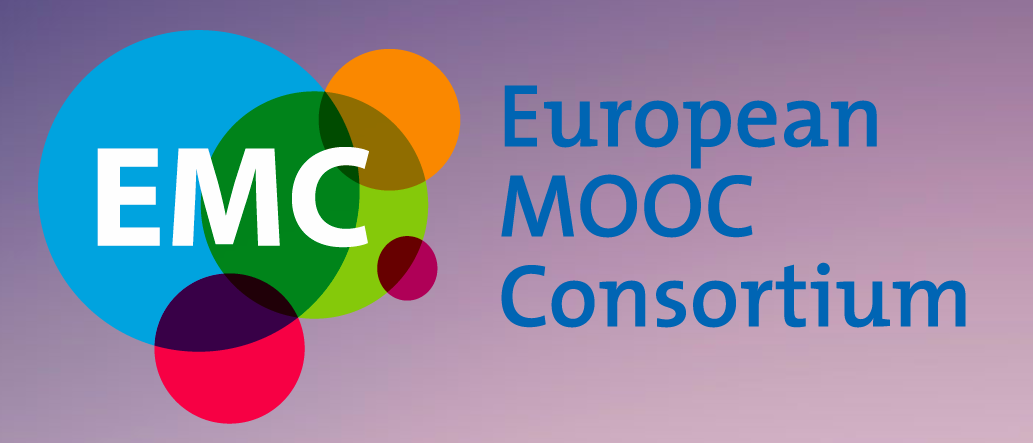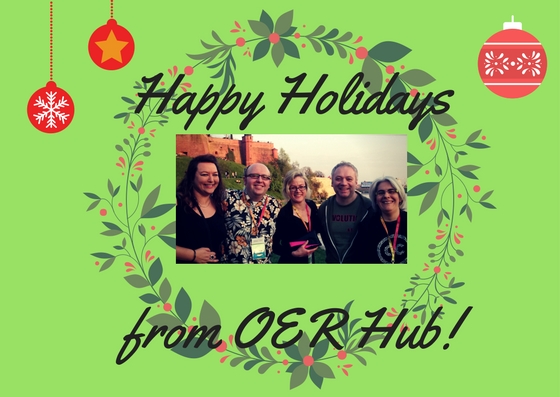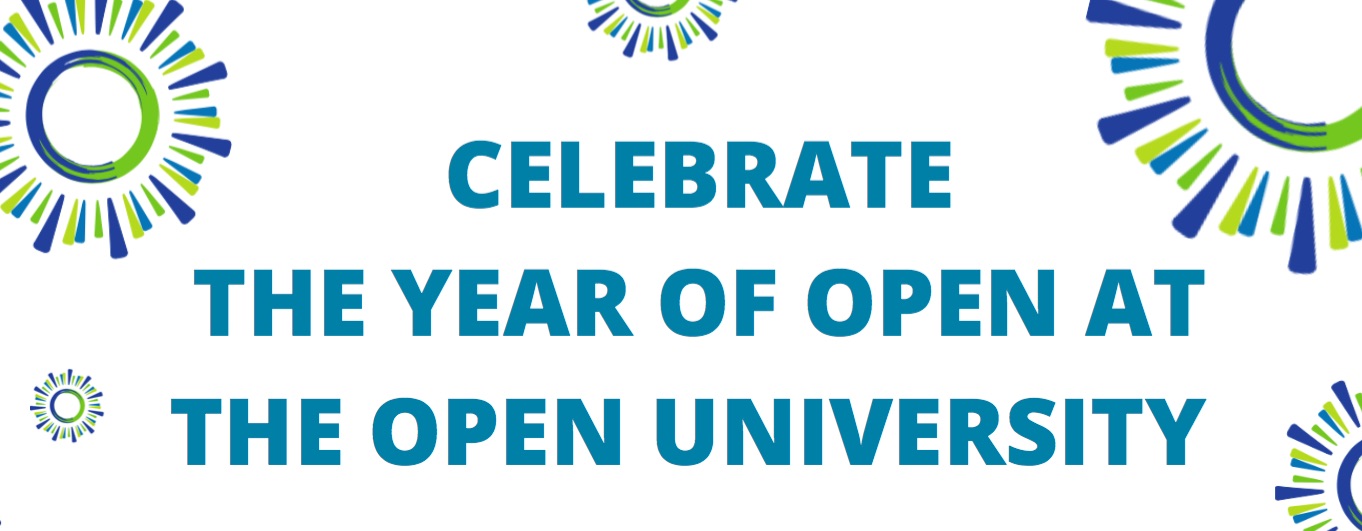 Since the beginning of this year I’ve been working on the EU-funded bizMOOC Project, a consortium of HEIs and Industry partners from eleven European countries “to enable a European-wide exploitation of the potential of MOOCs for the world of business”.
Since the beginning of this year I’ve been working on the EU-funded bizMOOC Project, a consortium of HEIs and Industry partners from eleven European countries “to enable a European-wide exploitation of the potential of MOOCs for the world of business”.
So far I’ve been mostly involved in delivering the outcomes of WP3: three pilot MOOCs focusing on life-long learning and key business competences, namely learning to learn, sense of initiative (entre-/intrapreneurship), and innovation and creativity. In truth, we (the OERHub at the OU) are not working on three MOOCs but developing one in collaboration with DIDA (Italy) and The National Unions of Students in Europe (Belgium), and overseeing the production of the other two, led by colleagues in Germany and Spain.
What kick started things for me was our project meeting in Cardiff last February, where partners participated in a workshop aimed at guiding us through the discussion of the whos, whats and hows that would shape the design of each MOOC –what type of MOOC?, who is it for?, what are the learning objectives?, how do we get there? and so forth. If you are interested in learning design, Beck Pitt has put together the slides and audio recorded during the event to create a ‘How to produce a MOOC?’ video that explains these questions better than I can here.
In terms of content, it was decided earlier on that our L2L MOOC would reuse as much material already available as possible. OpenLearn holds very good courses on the topic under a CC license that allows adaptation. In Cardiff we also sat down to quickly review these and decide which sections we could borrow, and what gaps needed to be filled in. After that, my job was to go away and assemble a first draft on OpenLearn Create (OLC), the OU’s free educational platform for anyone to publish open content. OLC is Moodle-based and fairly easy to use, although I must confess it can be frustrating too: the editing menu is limited, which means that you’d better know some html or pull your hair in desperation.
As I write, ‘Learning to learn with MOOCs for professional development’ is sitting with all project partners for final review. It is a free course that lasts four weeks with approximately three hours of study time per week. In fairness though, you could run very quickly through some of the sections and concentrate on what interests you most.
Week 1 starts with some snippets of stories from learners who have had different experiences of learning online, and serve as an introduction the importance of reflection in learning. Week 2 is all about MOOCs: what is a MOOC, what are the advantages of taking a MOOC, where do you find MOOCs, how do you assess their quality, etc. In talking about the skills that you need to be successful in a MOOC, you really are talking about the skills needed by the workforce to run effectively in the digital world, so that’s why week three and week four look into this: your online identity, your digital footprint, dealing with fake news and information overload, media to collaborate online, and more.
Overall ‘Learning to learn with MOOCs…’ is quite a reflective course. We didn’t make it too interactive on purpose; one, because we knew we wouldn’t have the capacity to moderate the forums for ever (the course will not be taken down after the initial four weeks); and two, I think you can’t force anyone to take part if you are not there yourself to make it happen or to encourage participants. Having said that, the set up at the moment is for learners to receive a free statement of participation upon completion, if they read all sections (actually, a click on each screen will do) and post a message in the crowdsourcing forum of week 2. I may change this before we go to launch, but it will be interesting to see whether people take the bait: if you want your piece of paper, you’ll have to contribute and work for it, ha!
The course is already available here. For now it is protected by a password and not open for enrolment, but bookmark the link: we’ll be ready to go on October 16th.
Featured image: Say MOOC by Audrey Watters, CC BY-SA 2.0






Leave A Comment